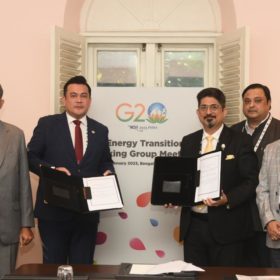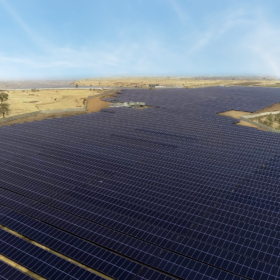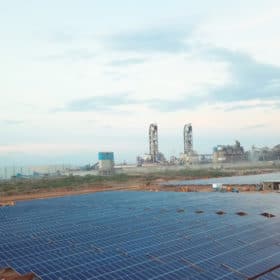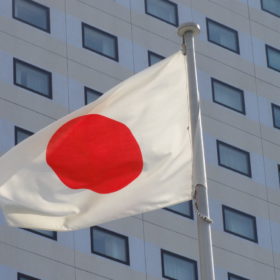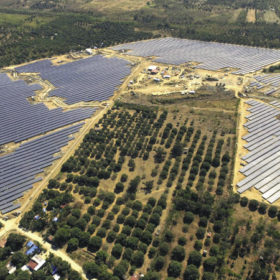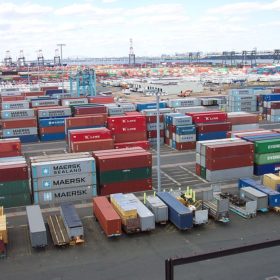India signs MoU on energy efficiency programmes in Indonesia, Malaysia and Thailand
India’s Energy Efficiency Services Ltd has agreed to provide technical advisory, project management, contracting and implementation support for energy efficiency programmes in Indonesia, Malaysia, and Thailand.
Keppel Corporation-led consortium to acquire majority stake in Cleantech Solar
Cleantech Solar has over 600 MWp of solar portfolio across India and Southeast Asia and aims to achieve a cumulative generation capacity of 3 GW over the next five years.
Transmission system expansion, digitalization critical to Southeast Asia’s grid modernization
To achieve its sustainability targets, Southeast Asia will require integrated strategy and execution across generation, transmission, and distribution, as well as planning that balances both capital and operational expenditures. The regional power industry will need partners who can merge data analytics with engineering expertise to deliver timely and actionable insights that realize the full potential of assets and facilities.
Covid impact: Solar imports dipped 75% in ten months
Coronavirus disruption has been cited as the chief culprit as imports from China, Thailand and Vietnam slumped from April to January, but safeguarding duty also appears to have had an impact, with unaffected imports from nations such as Myanmar, Chad and Russia on the rise and Malaysian trade keeping steady.
Fourth Partner and coal firm Indika Energy launch joint solar venture in Indonesia
The joint venture company, Empat Mitra Indika Tenaga Surya (EMITS), will provide onsite and offsite solar, battery storage and EV charging infrastructure solutions to Indonesia’s commercial and industrial sector. It expands Fourth Partner Energy’s footprint in South-east Asia while taking Indika Energy a step closer towards meeting its commitment to increase revenues from the non-coal segment by 50% by 2025.
Panasonic to exit solar manufacturing
The Japanese brand will continue to sell third-party-made modules under its brand in its home market, as it already does overseas, but in-house PV wafer, cell and module production will halt by the end of fiscal year 2022.
The long read: ASEAN’s looming renewables revolution
Southeast Asia, when taken as a whole, is a global laggard in the uptake of renewable energy, but some countries are leading the way, such as Vietnam, the Philippines, and Myanmar. And as ‘Angry Clean Energy Guy’ Assaad W. Razzouk argues, policymakers in the region cannot hold back the tide of solar and wind for much longer.
The best PV module cooling technique
An international research team has analyzed all existing cooling technologies for PV panels and has indicated the current best options and future trends of research. According to its findings, active water cooling, although expensive and not particularly practical, is the most effective cooling technique while passive cooling systems, despite being easy to apply, have still limited possibilities.
Engineering drives next-generation solar power in Southeast Asia—Black & Veatch interview
Mitesh Patel, Renewables Director-Asia, US-headquartered EPC player Black & Veatch, speaks to pv magazine about the key trends driving the solar market, especially in Southeast Asia, and strategies to improve the bankability of PV projects.
Safeguard duty on solar cell imports extended by a year
The import duty will be levied on Chinese, Vietnamese and Thai solar cells – whether assembled into modules or not – at 14.9% from today and falling to 14.5% in six months’ time. Malaysian products are exempted as their imports have fallen dramatically since the duty was imposed, in July 2018.
